The English of the Elizabethan era or even Jacobean period was very different from what is spoken or written today. However, the English used during the Jacobean period was somewhat less complicated and easy to understand in comparison to the English used in the Elizabethan times.
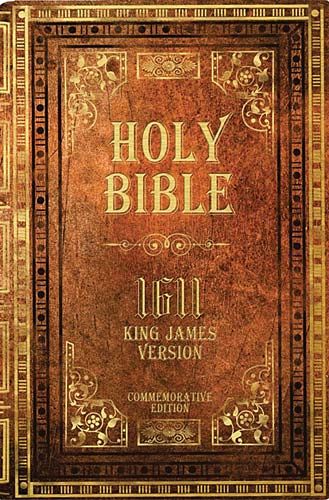
What is Jacobean literature?
Contents
The body of literary works written during the rule of King James I in England is known as Jacobean literature. King James I was the successor of Queen Elizabeth I and ruled from 1603 to 1625. Jacobean literary works were often dark and serious in mood frequently questioning the stability of society and social order.
Some of the greatest works of Shakespeare fall under the Jacobean period. Other important writers were John Webster, Francis Beaumont, John Fletcher, John Donne, Francis Bacon etc.
Jacobean English
Jacobean people spoke English by using less number of alphabets than the modern day 26 alphabets. Thus, it was quite possible that the same word or words had multiple meanings. It can be because of this reason that the English of those times appears to be a little bit difficult to understand. A change in the use of English was brought about by many of the plays written by Shakespeare.
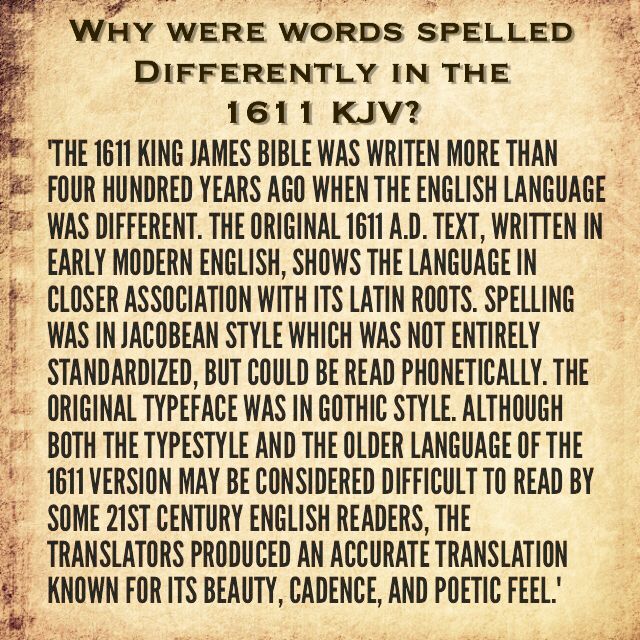
Jacobean Plays
He through the medium of his plays had not only invented numerous words, but he also introduced several new phrases. It was only natural that these new inventions grabbed the attention of the people who watched his plays. These words and phrases coined by Shakespeare are a part and parcel of the English that we use in our everyday life.
Thus, it can be rightly said that 17th century English has been instrumental in laying down the foundations for the modern day English that is commonly spoken across the world.
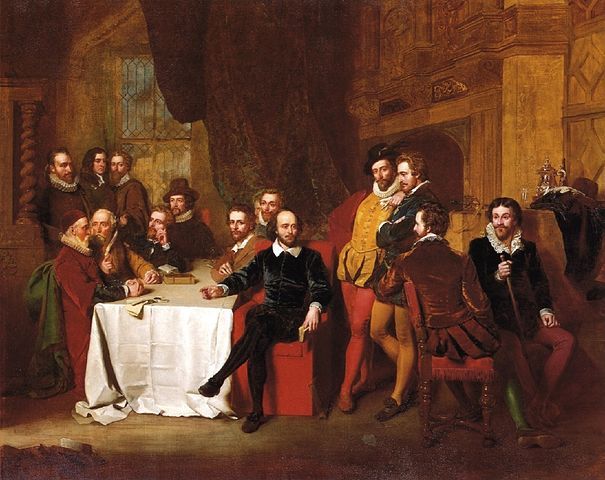
Some other English Jacobean playwrights were Ben Jonson, John Webster, John Fletcher, Thomas Middleton and Francis Beaumont. Jacobean drama in English literature became famous for these dominant figures and their dark yet witty style of writing.
Jacobean Poetry
The most important poets of the Jacobean age were John Donne and Ben Jonson. They were also the beginners of two different poetic traditions – cavalier poetry and metaphysical poetry. John Donne’s poetry is notable for its passionate and articulate intellect, while Ben Jonson’s poetry is known for its wit and classicism.
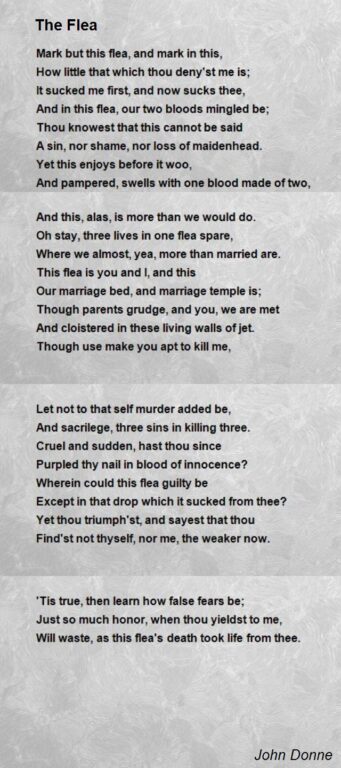
Other metaphysical poets also worked considerably during this time and some of the most important metaphysical poets other than Donne were Henry Vaughan, George Herbert and Thomas Traherne. Robert Herrick was a cavalier poet who was famous for his sensuous use of language.
Andrew Marvell, though mostly classified as a metaphysical poet, partook the styles of both Donne and Jonson.
Jacobean English literature is also noted for the production of prose works that happened during this time. Among the most important prose writers of this age were Lancelot Andrews, Jeremy Taylor and also John Donne who translated King Jame’s Bible. Francis Bacon’s works helped in the development of critical and analytical thinking.
John Milton also wrote during the Jacobean era and produced the iconic Paradise Lost in 1667.
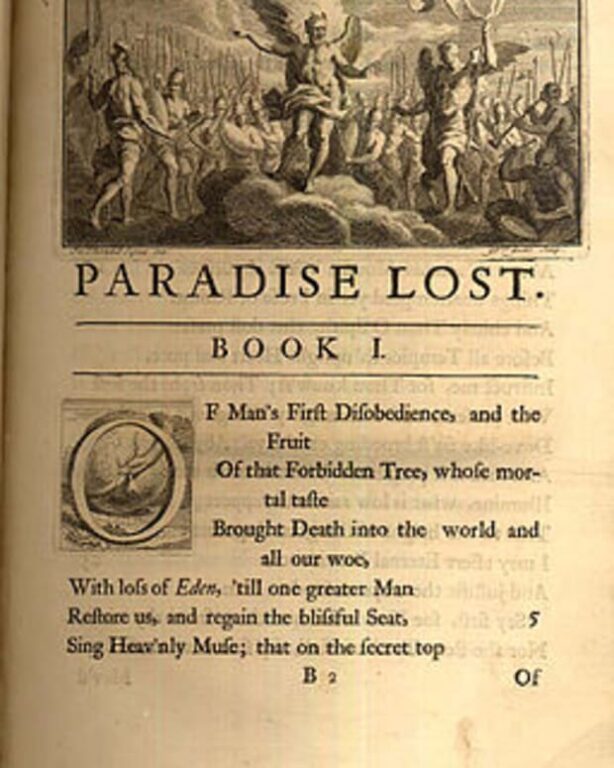
The Jacobean age in English literature, therefore, abounds with lofty literary figures who contributed much to the development of the English language and literature. Apart from playwrights, poets and essayists, there were also great thinkers and philosophers who influenced the way were think and perceive the world today.
More Info On- Jacobean Plays, Society, Literature, Playwrights, 10 Facts About Jacobean Era
